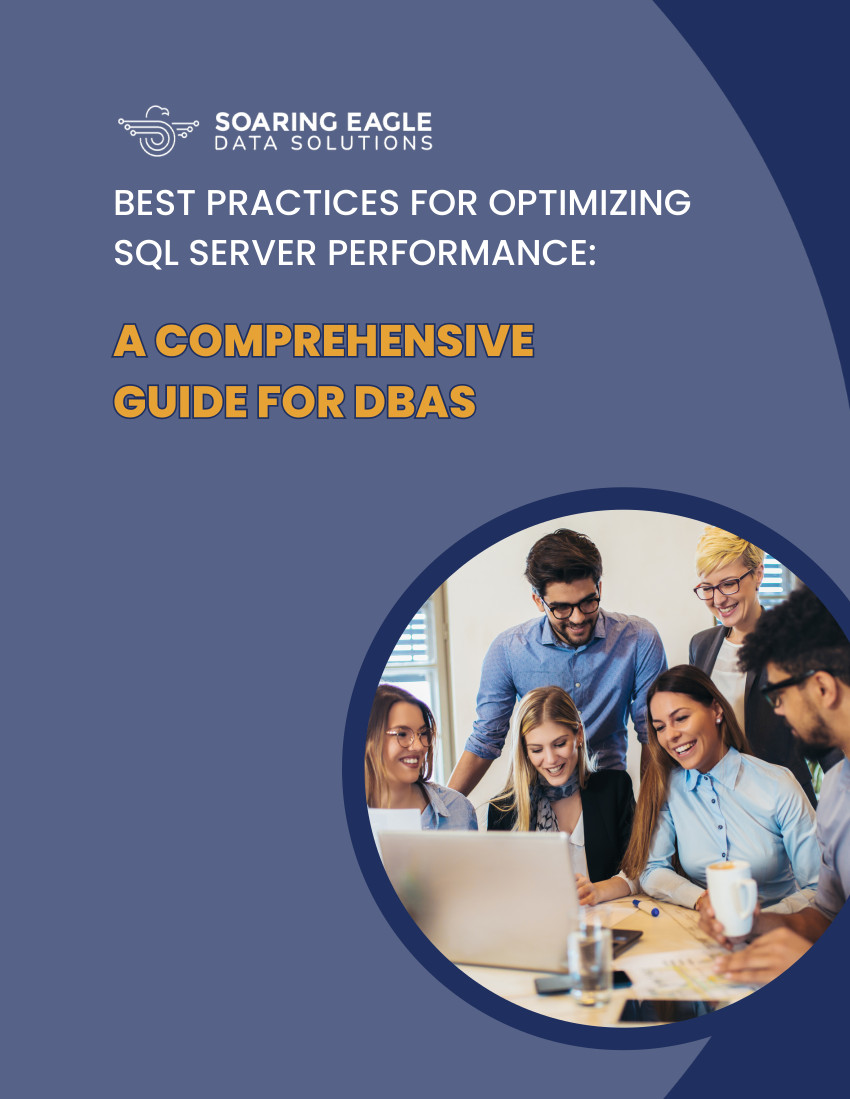
Big data management is a general concept that includes the governance, organization, design, management, policies, procedures, and technology used for large volumes of structured and unstructured data. It can combine data cleansing, integration, migration, and preparation for reporting and analytics.
It guarantees data quality of the highest level possible and accessibility for big data analytics applications and business intelligence. Businesses, government bodies, and other organizations use big data management procedures to deal with the fast-growing mass of data, generally involving terabytes or even petabytes of information stored in many different file formats.
As companies data has grown exponentially, maintaining and organizing large amounts of dissparate data has become more and more challenging. Businesses usually find that the data they have is outdated, that it differs from other data in the systems or information that is just simply incorrect.
Efficient management locates and determines valuable and relevant information in large sets of unstructured data and semi-structured data from several sources, including call detail records, and system logs, among others.
Big data environments go past traditional warehouse platforms and relational databases to include technologies for processing and saving nontransactional forms of data. The growing focus on gathering and examining multiple sets of structured and unstructured data is giving shape to new platforms that merge big data systems with a traditional data warehouse in a logical data warehousing structure.
As part of the process, companies must determine what data is kept for compliance reasons, what data is disposed, and what data is stored and examined in order to provide the company with a competitive advantage. This method needs accurate data classification so that smaller sets of data can be interpreted instantly and productively.
Big data management involves various processes such as:
- Monitoring and guaranteeing the availability of big data resources through a centralized interface.
- Executing database maintenance in order to obtain more reliable results.
- Performing big data analytics and big data reporting.
- Securing effective data design and implementation processes that deliver the best quality results.
- Employing methods as data virtualization to reduce the volume of data and improve big data processes.
- Executing data virtualization techniques so that a single data set is applied by multiple applications at the same time.
- Guaranteeing that data is obtained and stored from all resources as desired.
Successful big data management programs have a wide number of benefits, such as:
- Increased revenue
- Improved customer service
- Enhanced marketing
- Increased efficiency
- Cost savings
- Enabling new applications
- Improved accuracy for analytics
- Competitive advantage
Contact Soaring Eagle Consulting for a Free Database Evaluation Today
Getting started is simple. Click the button below to request your free one-hour database assessment from the DBA experts at Soaring Eagle Consulting®.


